Hull’s hospitals has achieved a UK first by launching a major educational project for schools and academies to create its own workforce for the future.
Hull University Teaching Hospitals NHS Trust (HUTH) is unveiling Med Shed – its online and immersive digital programme to introduce young people aged 11 to 16 to around 350 potential careers.
Med Shed showcases NHS careers throughout the Humber and North Yorkshire region, including engineering, catering, painting and decorating and administration alongside more traditional frontline roles such as doctors, nurses and physiotherapists.
The website, designed in a bright and bold style with animation, films and an NHS careers’ spinning wheel, gives young people the chance to explore various roles to see what appeals to them.
It also offers practical advice and “next steps” to help students in Key Stages 2 and 3 progress to careers in their local NHS through work experience and apprenticeships.
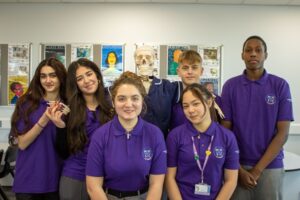
(left to right) Rania Ali Venia Issa Anna Lis Alistair Van Der Kroon Nicole Macasaet and Prince Mwungere
Simon Nearney, Director of Workforce and Organisational Development at HUTH, said: “It’s no secret that the entire NHS struggles with recruitment and, in recent times, has had to rely on overseas recruitment or attracting people from other parts of the country.
“A strategic priority for HUTH is to ‘grow our own’ workforce so we have the best local talent being educated locally and gaining local jobs and careers that are rewarding.
“’Med Shed’ raises aspirations in our next generation so our young people understand they can stay local, get on and do well in great jobs without having to move away to other cities.”
HUTH already has strong links with St Mary’s Sixth Form Academy and Winifred Holtby School, both health and social care academies in Hull, and will roll out Med Shed, supported by the University of Hull, Humber and North Yorkshire Health Care Partnership and Health Education England, to all schools in Hull and the East Riding.
Staff from apprentice engineers to consultant eye surgeons feature in the “Med Shed TV” section, giving young people insights into the people already working in these roles so they can envisage themselves in similar careers.
All schools across East Yorkshire will be invited to Med Shed events in 2023 and school leaders will also be able to book “Med Shed On Tour” where HUTH staff will visit individual year groups to talk about their work at Hull’s hospitals.
Craig Lazenby, Head of Marketing, Recruitment and Retention at HUTH, said: “Med Shed has been years in development from the initial concept to delivery because we knew we had to get this right.
“We are confident it will play a crucial part in securing our workforce for the future, enabling young people in East Yorkshire to land great jobs here instead of leaving their homes in search of decent careers.
“It’s helping us to quash pre-conceived notions that only certain kinds of people can do a certain kinds of jobs and it’s raising the collective aspirations of an entire city, showing just what can be possible.”
Cicely Alsbury, Partnership Director of the Medical, Health and Social Care Academy at St Mary’s College said: “HUTH provides a fantastic resource which will really help students to consider their different career pathways and the different opportunities available to them, particularly in our local community.
Sixth form students at the MHSC Academy who are considering careers in the NHS also welcomed the Med Shed initiative.
Alister Van Der Kroon said: “Meeting the people doing these jobs at the events and being able to arrange visits to our school means our students can see themselves doing the roles in the future.”
Prince Mwungere said: “Working with local medical teams is a massive benefit to us as students as it allows us to get a more enhanced experience, as opposed to just working in a classroom environment. Being able to work with Hull University Teaching Hospitals gives us excellent opportunities to learn real life experiences and skills straight from local front-line professionals. It gives us the chance to take part in workshops and other inspiring events.”
Venia Issa said: “Being partnered with the NHS and local professionals provides us with instant access to the realities of a career in medicine. As part of the MHSC Academy, we can experience placements and gain access to information and situations that we may not have the opportunity to encounter otherwise, allowing us to develop key skills that will match to many multidisciplinary roles.
Rania Ali said: “To be in a direct partnership with the NHS is an amazing experience which allows me to learn new skills and gain experience to work in a medical career in the future. I’ve always been intrigued by NHS workers and how they work so professionally and MedShed is a great way to find out more.”
Nicole Macasaet said: “This experience offered by the SM6 Medical, Health and Social Care Academy gives every student the opportunity to gain a deeper experience about the medical field and it gives a clearer picture of what it’s really like working in the NHS.”
Anna Lis said: “It is an incredible honour for the SM6 Medical Health and Social Care Academy to be partnered with Hull University Teaching Hospitals and nearby practices as it allows us to enhance our understanding of the direct and soft skills necessary for the types of health care roles we will fill in the future.”

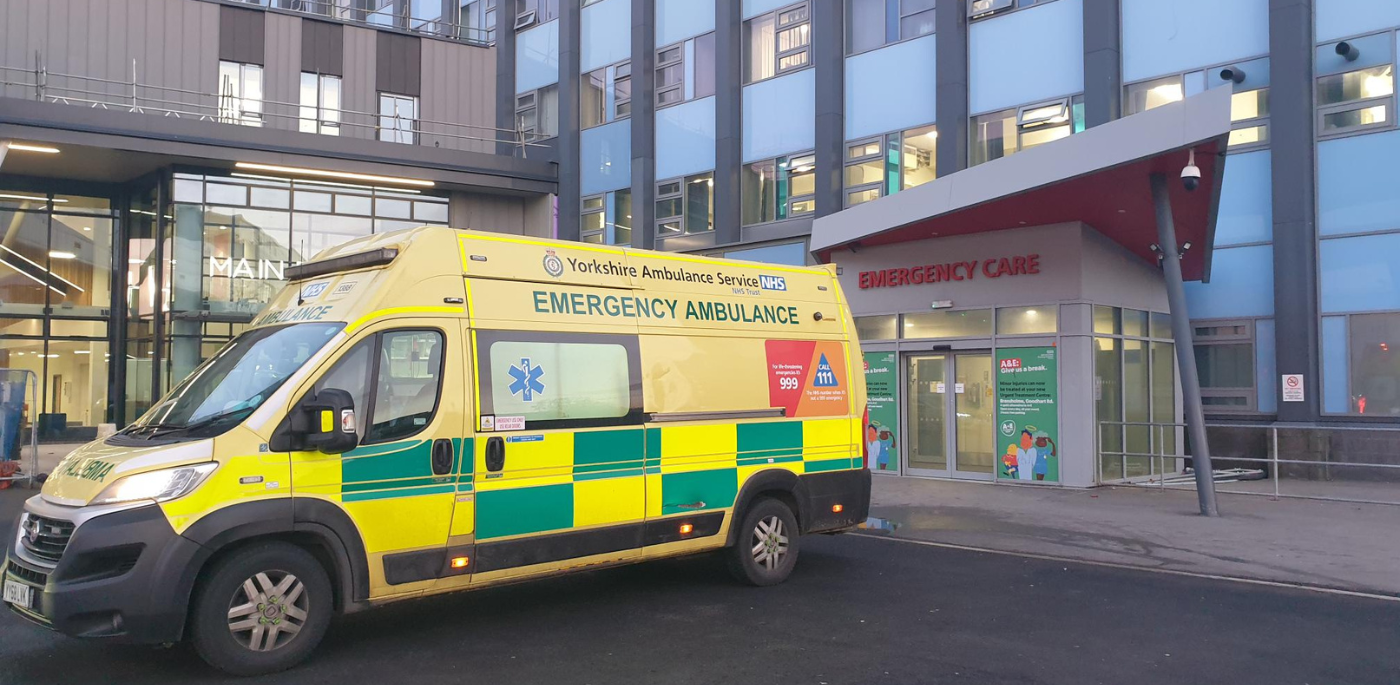
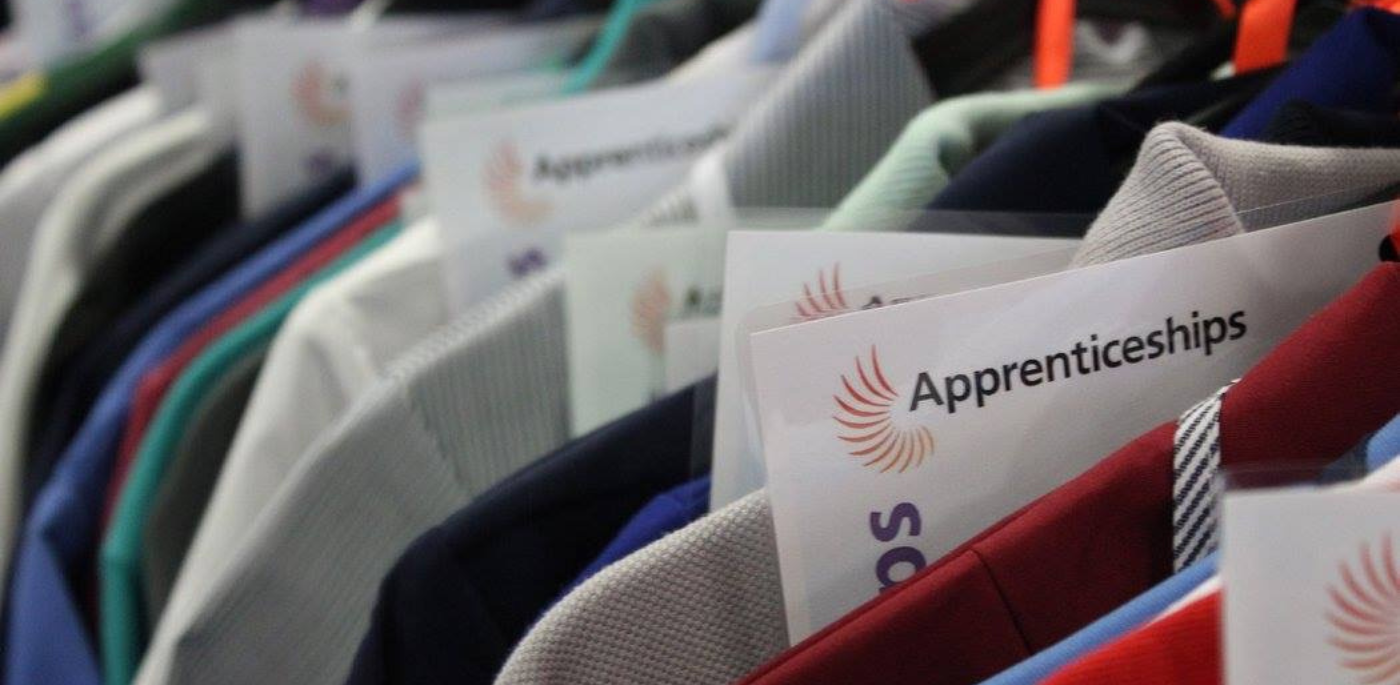
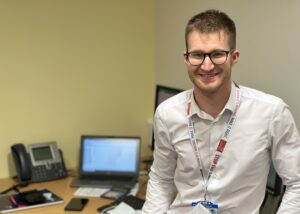
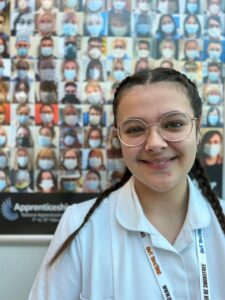
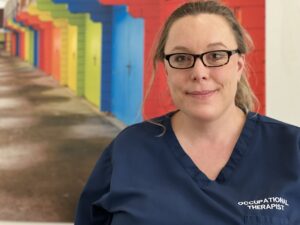
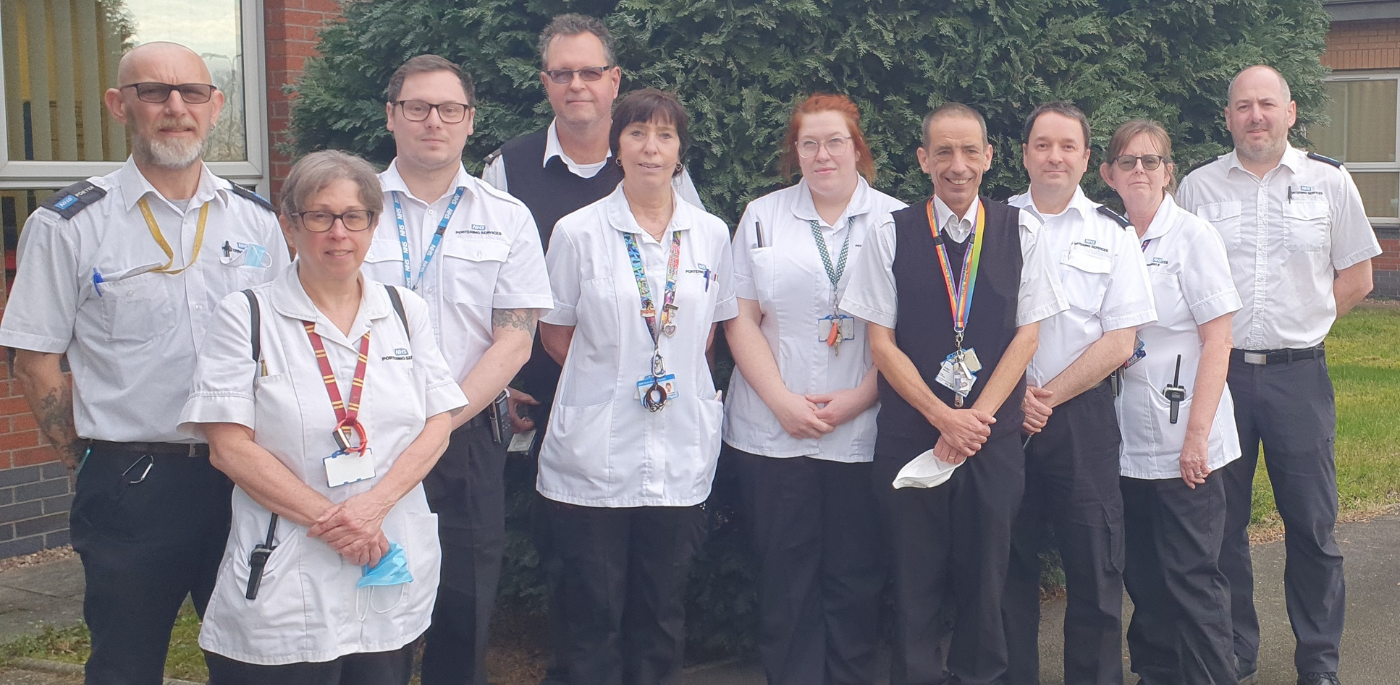
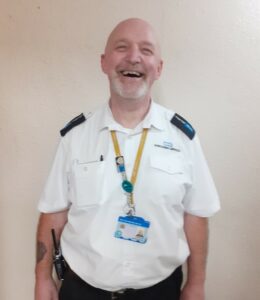
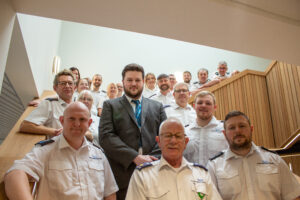
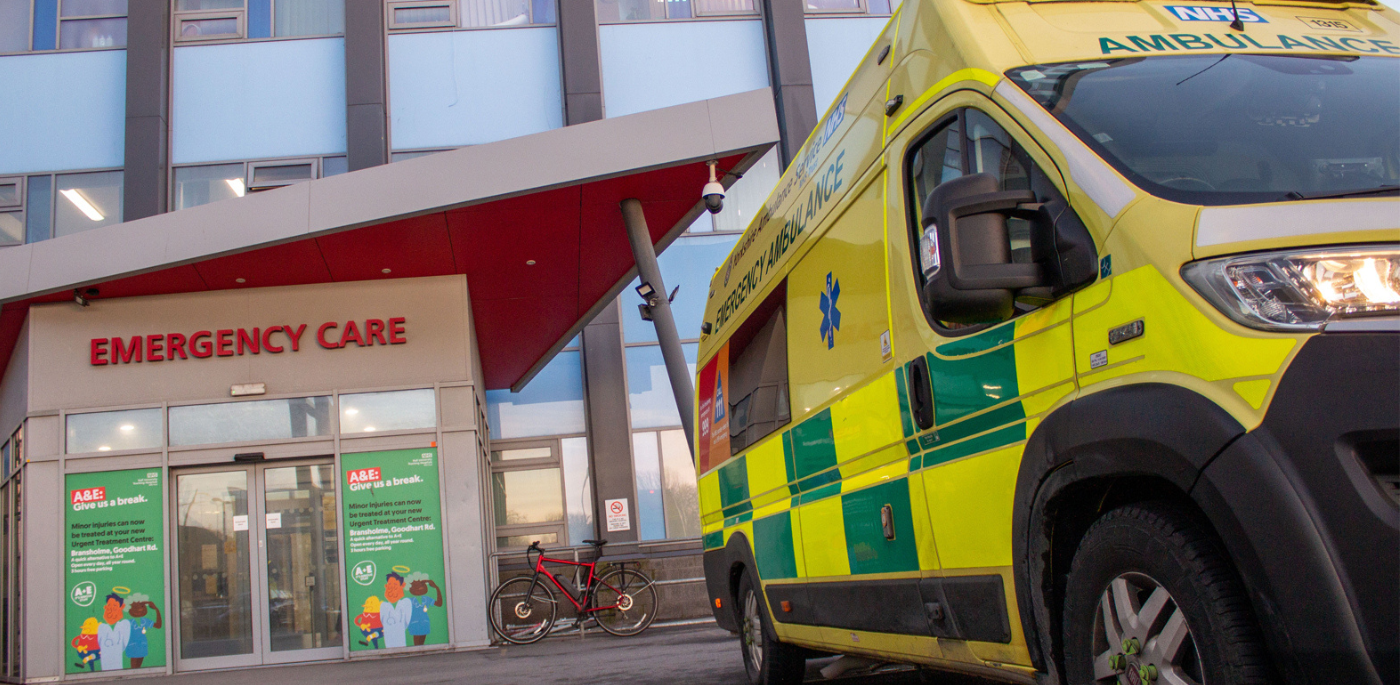
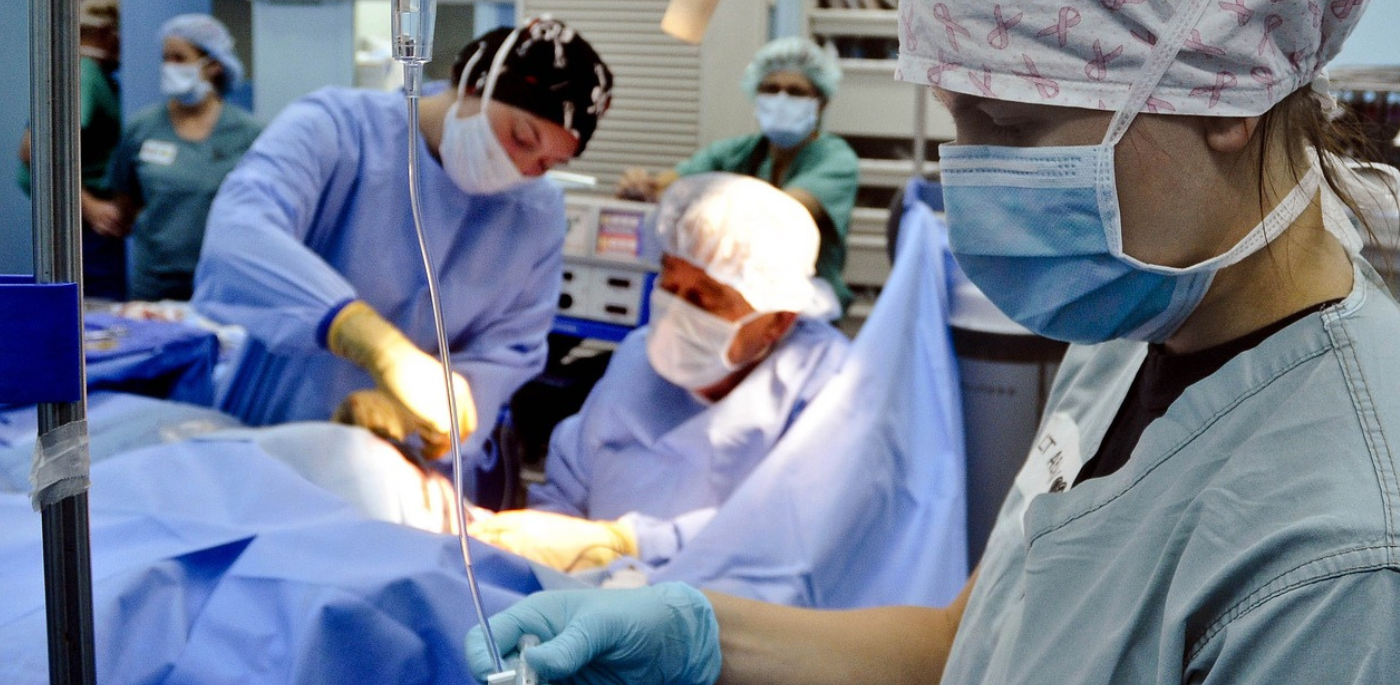
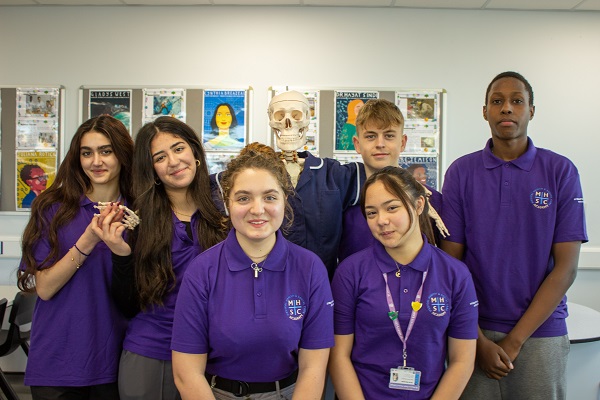





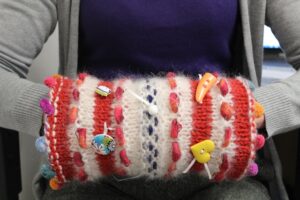

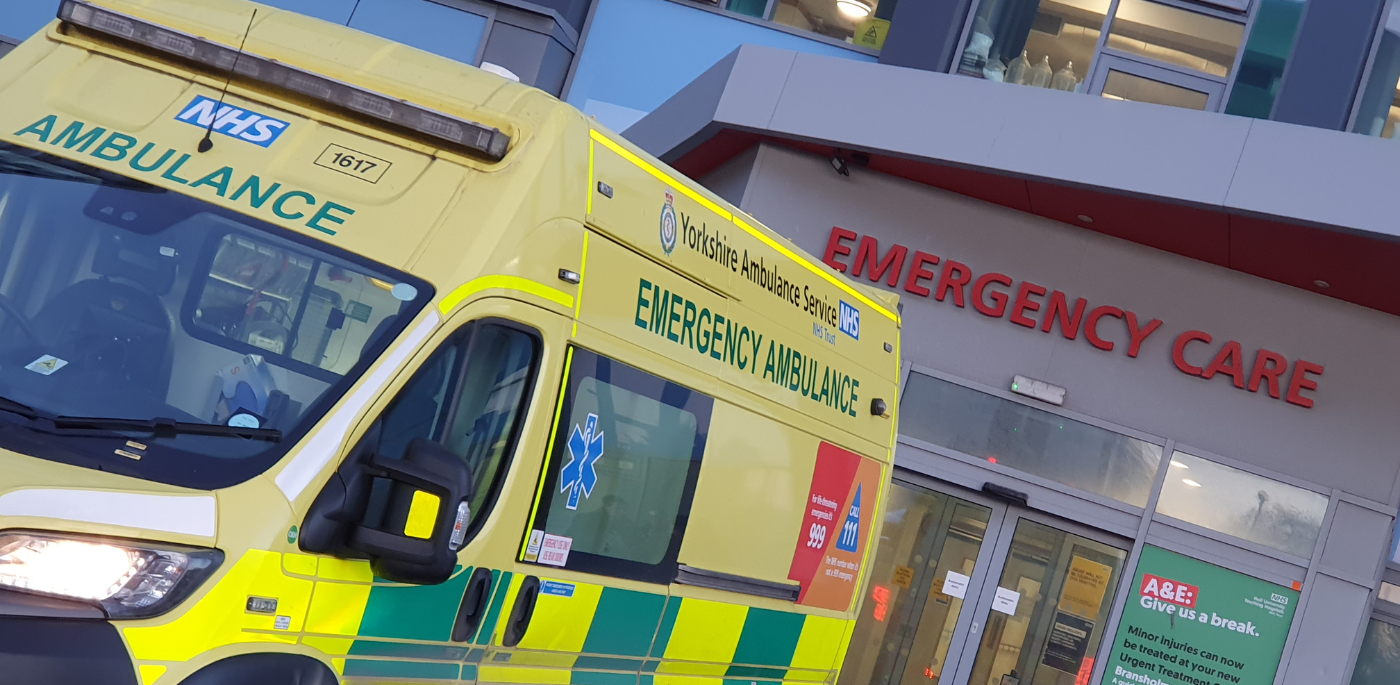
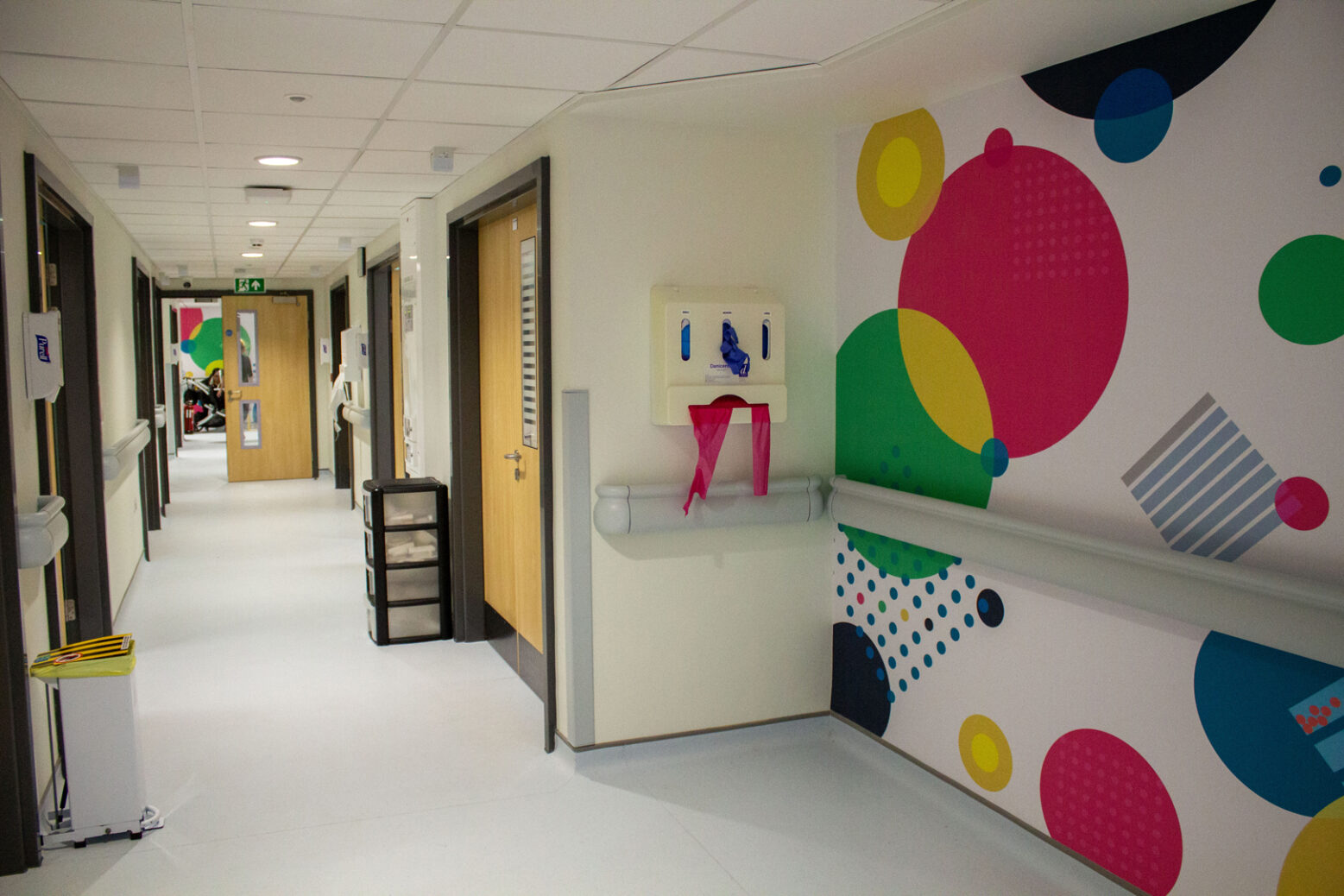
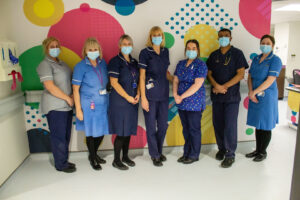
 A much larger and self-contained assessment unit provides better facilities for patients with views over the front gardens and natural light. Pharmacy has moved to the back of the ground floor of the hospital, with a new robotic arm installed to pick prescriptions.
A much larger and self-contained assessment unit provides better facilities for patients with views over the front gardens and natural light. Pharmacy has moved to the back of the ground floor of the hospital, with a new robotic arm installed to pick prescriptions.